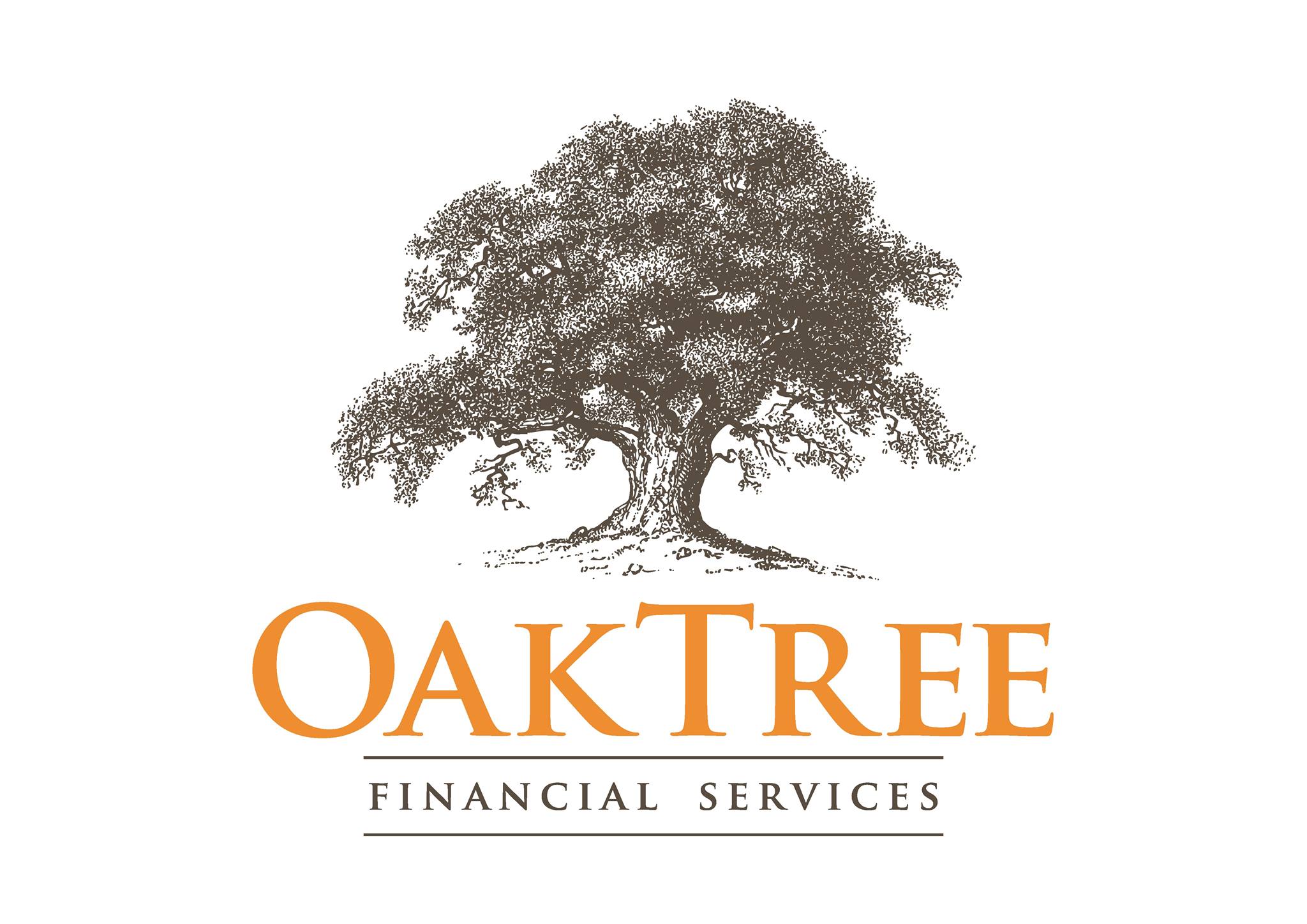Defined Contribution Pension Schemes are a type of occupational pension scheme. Under a defined contribution scheme, you and your employer together contribute to build up a retirement account for you. This retirement account should grow over the course of your working life through investment growth and ongoing contributions. When you retire, you can use the retirement account to provide you with retirement benefits, such as a retirement lump sum, an income for life in retirement (annuity), and/or an Approved Retirement Fund (ARF).
What level of retirement benefit will you receive?
Under a defined contribution scheme, you are not guaranteed any specific level of retirement benefit. Factors that will influence the level of benefit that you will receive are likely to include the following:
- The length of time for which contributions are made
- The level of your contributions
- The level of your employer’s contributions
- Investment performance
- The level of annuity rates when you retire
How long should I make contributions for?
The longer you and your employer make pension contributions, the larger your retirement account is likely to be. If €5,000 per year is contributed to your retirement account for 20 years and investment growth averages 6% per annum, at the end of the 20 years you would have a retirement account worth €183,928. If contributions are made over a longer period of 30 years, with the same growth rate, the retirement account would be more than twice as large at the end of that period at €395,291.
What will determine your employer’s level of contribution?
The terms of your pension scheme will determine the level of your employer’s contributions. Typically, an employer providing an occupational pension scheme will contribute a set percentage – such as 5% or 10% – of an employee’s salary to his or her retirement account.
What will determine your level of contribution?
Again, the terms of the scheme will dictate the minimum percentage of salary that you must contribute to be a scheme member. Your contributions will benefit from tax relief at source. Depending on your level of income, a contribution of €100 to a pension may only cost €60 due to tax relief.
Can you increase your level of contribution beyond the minimum?
Yes, you can increase your level of contribution by making Additional Voluntary Contributions (AVCs). AVCs are, as the name suggests, voluntary contributions that you make to your retirement account from your salary. AVCs also benefit from income tax relief at source, so they are a very tax-efficient way of saving money. The limits of what you can contribute as AVCs are determined essentially by your age and income.
How should you invest in your retirement account?
Your scheme will have a default fund, and if you make no investment choices, your contributions will be placed in that default fund. It is likely that your scheme will have other fund options besides the default. Those fund options will have different risk profiles. Your default fund may have a facility, known as “Lifestyling”, which will automatically reduce your exposure to risk as you approach retirement age.
What happens if I leave employment before retirement?
If you have less than two years of pensionable service, you may receive a refund of your contributions. However, if you have more than two years of service and do nothing, your pension should remain where it is, invested as you left it. The retirement account will be available for you at your scheme’s retirement age (or earlier if you take early retirement) and you can exercise your retirement options at that time.
Other options when you leave service include the following:
- Transferring your benefits to a new occupational pension scheme with another employer
- Transferring your benefits to a personal retirement bond (a policy with a life assurance company)
- If you have under fifteen years of service, you can transfer your benefits to a PRSA
- If you are over the age of 50, you may be able to take early retirement
What will your options be at retirement?
Generally speaking, you may be able to:
- Take part of your retirement account as a retirement lump sum
- Purchase an annuity
- Take part of your pension as taxable cash
- Purchase an Approved Retirement Fund (ARF) or Approved Minimum Retirement Fund (AMRF)
For more information, book a complimentary chat with us to discuss and guide you through how you can secure a comfortable retirement income. You can also call us on 025-30588.

Adrian Godwin is a Senior Financial Consultant and the co-founder and managing director of Oaktree Financial Services. With a background in accounting and tax advising, Adrian specialises in estate planning and wealth management.Adrian offers clients reassurance through best practice solutions. His unique skill set and qualifications enable clients to develop comprehensive life plans that align with their goals.


